
The case for commercial surrogacy

IN 2007, Rodney Chiang-Cruise and his long-term partner wanted to start a family, but legal restrictions on accessing surrogacy in their state meant they had to look abroad.
“We chose USA simply because it was about the only option at the time,” said Chiang-Cruise, who lives in Victoria.
“Very few gay guys in Australia were doing surrogacy at the time, and those that were did it in the US.
“If the option was available in Victoria to do surrogacy — either altruistic or commercial — we would have definitely considered it.”
Victoria eventually became the second state in Australia that made only altruistic surrogacy legal, passing the Assisted Reproductive Treatment Act in 2008 that became effective at the start of 2010. The ACT was the first state to make altruistic surrogacy legal in 2004, while Queensland and NSW passed similar laws in 2010 and Tasmania in 2013.
While altruistic surrogacy in Western Australia and South Australia became legal in 2009, it is only available for opposite-sex parents. Meanwhile in the Northern Territory, there is no legislation governing surrogacy at all.
On the other hand, commercial surrogacy is illegal throughout Australia, and the ACT, Queensland and NSW imposes criminal offences for residents who enter into international commercial surrogacy arrangements.
Looking back, Chiang-Cruise said had altruistic surrogacy been available in Victoria in 2007, starting a family would not have been been as costly as it was with an American surrogate.
“We would [also] have much more contact with our surrogate, presumably,” he said.
“However, we have excellent contact and an extremely close ‘family’ relationship with our surrogate in the US. Lots of gay dads who do surrogacy in the US have similar relationships.”
And while access to IVF has grown in popularity over the years, advocates for surrogacy — particularly commercial surrogacy — continue to face barriers.
According to Brisbane-based lawyer Stephen Page, a family law expert who was recently in the public eye from the Indonesian Baby Gammy case, gay men face roadblocks with surrogacy all over Australia.
“The difficulties are across the board,” he said.
“States like Queensland don’t discriminate on the basis of sexuality which is a good thing, but the reality with surrogacy is that it can be pretty hard if you’re a gay male couple.
“To make a baby you need three things: sperm, an egg and a woman to carry the baby… If you don’t have an egg donor it ain’t going to happen. If you don’t have a surrogate it’s not going to happen. So, you need two moving parts for the process and you can advertise for an egg donor but you’re prohibited from advertising for a surrogate.”
An advocate for commercial surrogacy being legalised in Australia, Page said despite the practice being illegal, couples were still engaging in it.
“You can’t pay anyone obviously, as it’s a criminal offence, so what happens all too often is that couples, which include gay couples, go overseas,” he said.
“That’s also a criminal offence but I can tell you they’re going in great numbers.
“I think it’s a real worry because they go to places like, in the past, India and Thailand, and now increasingly Nepal and Mexico.
“This is really concerning as there is potential for all types of abuses to occur because these places are generally not renowned for their protection of human rights,” Page added.
“It’s still an offence if you go to the US or Canada but as it stands, we’re exporting our problem overseas. We are not allowing surrogates and donors to be paid and I just think that is truly myopic.
“If we had true vision and we allowed compensation to occur here then Australians would much rather go to their local IVF clinic.”
In Chiang-Cruise’s opinion, access to commercial surrogacy in Australia would help other gay men start a family in a safe and regulated industry.
“It is important… because it will allow many more gay men to fulfil their desire to be parents,” he said.
“The benefits of doing surrogacy in a regulated and safe local environment are important for the intended parents, the surrogate, the egg donors and all parties involved. Commercial surrogacy being allowed in Australia would compliment similar systems in other countries.”
Chiang-Cruise added that while there was already a regulated system for altruistic surrogacy in Australia, making that surrogacy open to compensation would not necessarily change the system.
“It is important that a well-regulated system of surrogacy exists, backed by strong case law,” he said.
“This is the best way to protect all parties [involved] and to ensure best practice.”
Page agreed.
“These clinics are risk-averse,” he said.
“They are highly regulated and want to make sure they do the right thing. They’re focused on what’s in the best interests of the child and they want to make sure that there’s no exploitation.
“Same-sex couples, along with broader society, would much rather go down the road and do the right thing than go overseas.”
One phrase often used by opponents of commercial surrogacy has been “wombs for rent”. However, Chiang-Cruise said the debate should be focused on empowering women’s rights and respecting their personal choice if they undertake surrogacy.
“I do not presume to speak for women and the choices they make,” he said.
“I do feel we should respect their decisions and help ensure that those decisions are ones made in a safe and protected [and] regulated, legislated environment.
“I believe that we should aim for an environment where women’s rights and their choices are respected and empowered. People who use the term ‘wombs for rent’ are either News Limited journalists, work for A Current Affair or are completely devoid of respect for the people involved.”
Legalising commercial surrogacy would also mean those who choose to remain in touch with a surrogate can do so without the fear of possible legal implications and prosecutions. For Chiang-Cruise, continued involvement with their child’s surrogate and her family is a vital component to their family.
“Our surrogate Kelly, her husband Mike and their kids live in Ohio,” he said.
“They are part of our family now and we are part of theirs. Regardless of the distance we see each other every year or so and stay in weekly contact.
“For us and for Ethan, our relationship with Kelly and her family is very important.”
__________________
OTHER STORIES ABOUT RAINBOW FAMILIES:
FERTILITY CLINICS: A PATH TO ACHIEVING FAMILY DREAMS
THE JOY AND LOVE OF ADOPTION AND FOSTERING
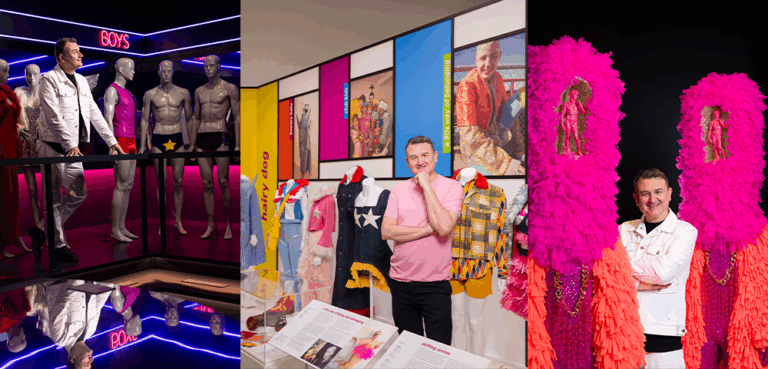

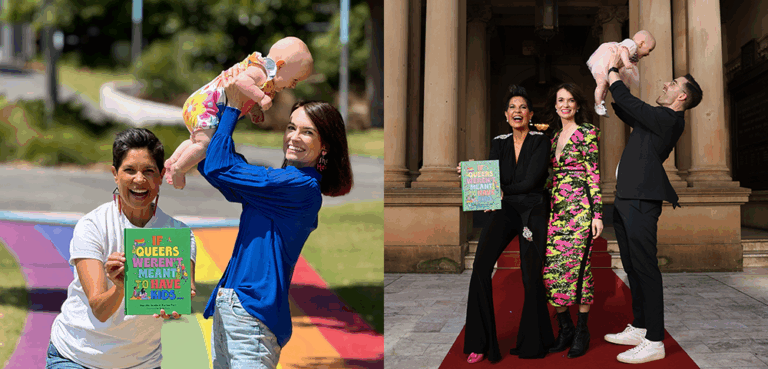




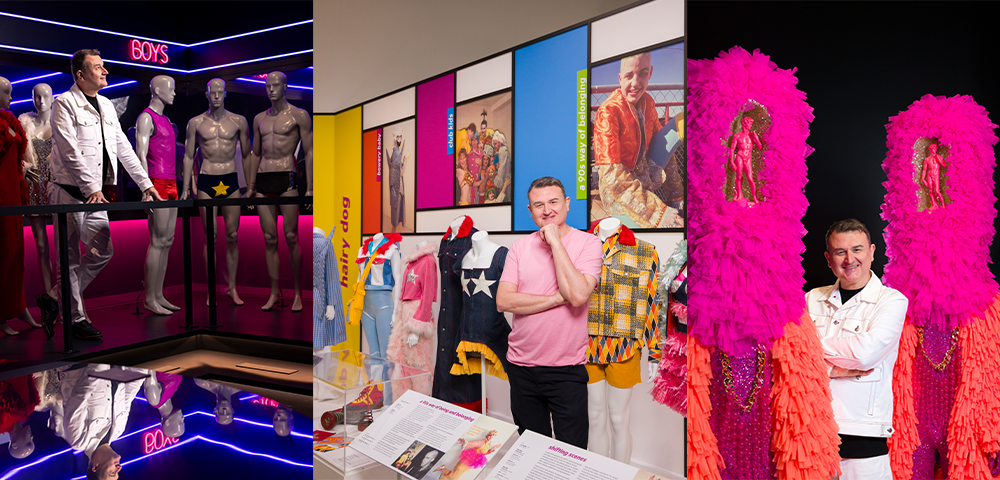

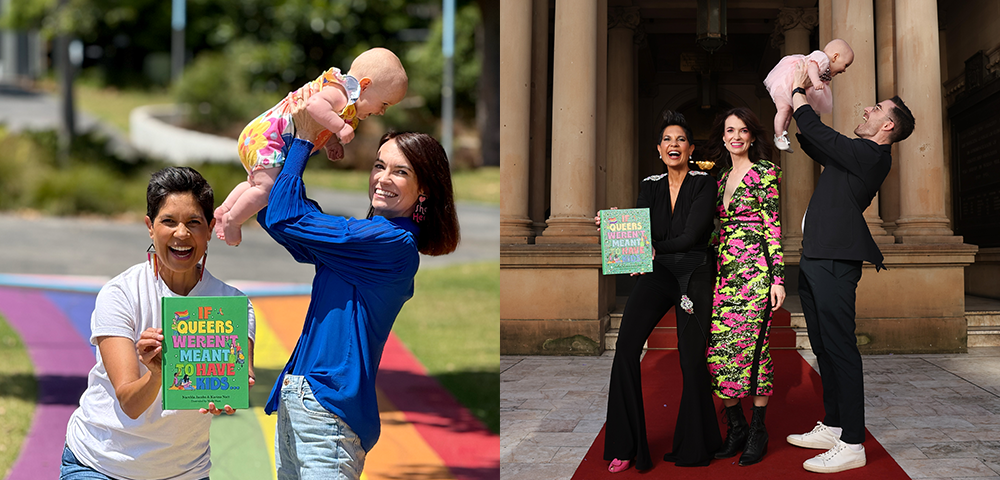
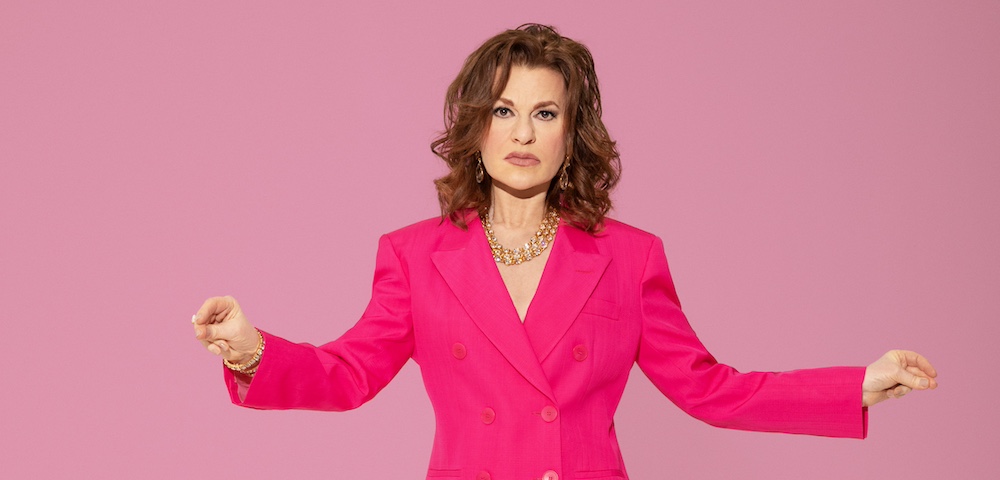
Surrogacy has existed for thousands of years, and widely practiced today throughout the world on differing levels. The concept of ‘commercial surrogacy’ has been around for a few decades and is a necessary practice in this modern world. Yes, a Surrogate should be compensated for her role, especially when more people are engaging in surrogacy, there needs to be a clear contract and one that is vetted and enforceable by law, like the Californian model. To date altruistic surrogacy is mainly done by a relative or someone known to the Intended Parents, and these selfless wonderful women are far and few between. It is time to move towards compensation for surrogacy.
Surrogacy is a technique that can help many parents, straight or gay, to become parents. There would be no problems with either paid nor altruistic if it was properly regulated! A well-regulated surrogacy system is what is needed in Australia, so families wouldn’t need to go overseas, and the government could keep the process under control. Surrogacy is not an easy option. Remember that those who choose surrogacy are usually people who have no other choice! Why would those people be deprived of the chance to become parents? Why would a surrogate mother be deprived of the chance to help someone else, altruistically or being paid?
Altruistic surrogacy is best, not commercial surrogacy!
Both SA and WA in 2015, still even ban gay couples from altruistic surrogacy arrangements – even when WA allows gay couples to adopt children!
Australian laws are a crazy complete embarrassing joke when it comes to both surrogacy and marriage!
Paul, I see your point here. I might agree that altruistic surrogacy sounds more fair on both ends. But think about those couples who cannot find a surrogate mother to help them! What could they do? Can you imagine them deciding to pay someone for it, but doing it against the law? Of course! Why would you push those people to make such illegal arrangements, when you could regulate the way to connect those who want to have a baby with those willing to be a surrogate mother? Make it a complicated process, make it difficult, with many meetings with psychologists… I don’t care, just make it possible!!! :)
Personally I am uncomfortable with surrogacy and would never use a commercial or altruistic surrogate to produce a child.
Lucky you don’t need it! But I feel sorry that you cannot be sympathetic to those who cannot have kids. I’m talking about any couple who has fertility problems and has no other choice… please, think of them, talk to them, you might reconsider your opinion. You also use the wrong verb… “produce” is not acceptable, as we are not talking about a factory of babies, but a one-to-one relationship between a couple who desperately want to become a family, and a loving person who is willing to carry a baby for them. I just see love, caring, affection, attachment, unselfishness, sympathy… HUMANITY!